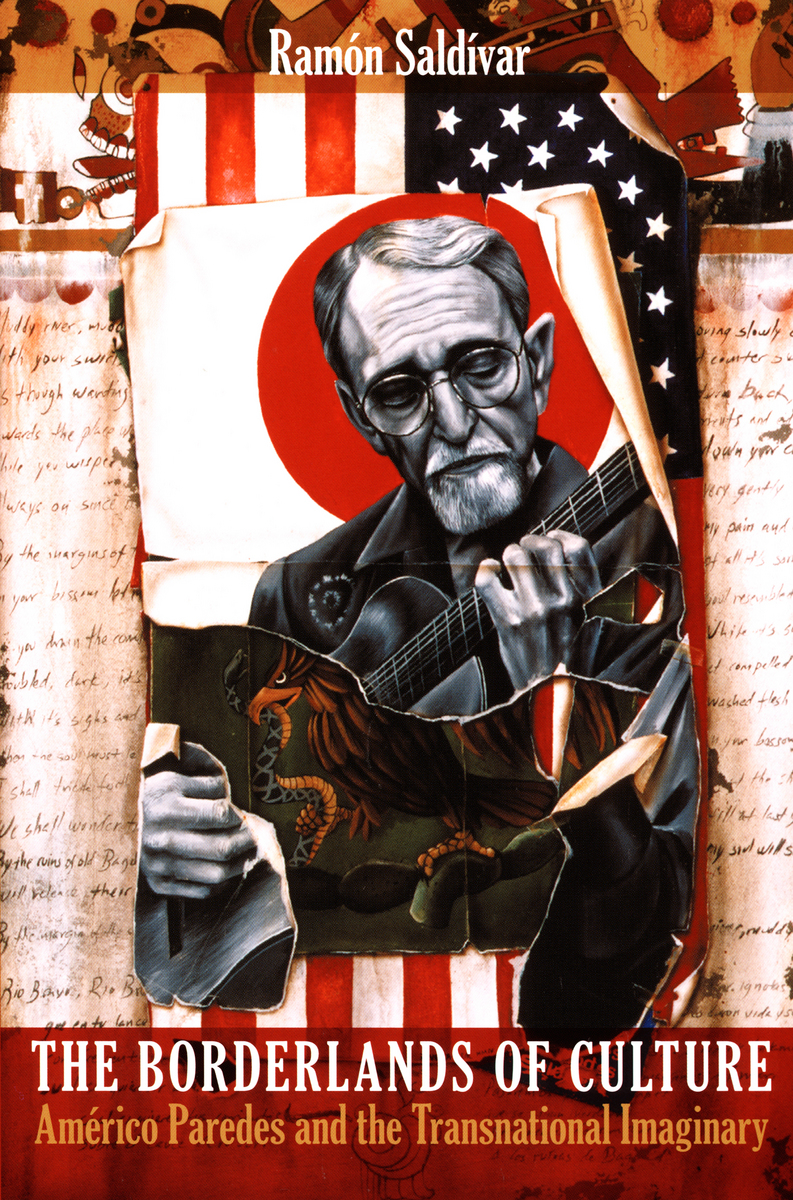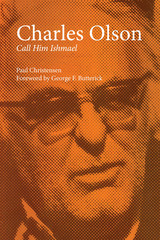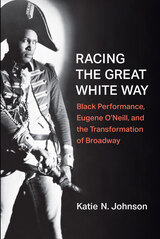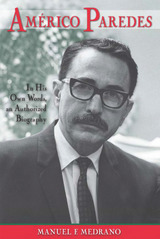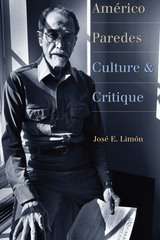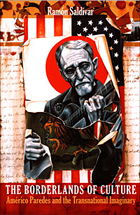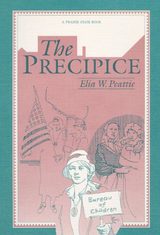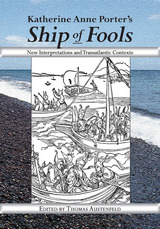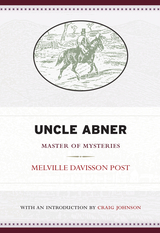Cloth: 978-0-8223-3776-8 | Paper: 978-0-8223-3789-8 | eISBN: 978-0-8223-8795-4
Library of Congress Classification PS3531.A525Z88 2006
Dewey Decimal Classification 813.54
Saldívar demonstrates how Paredes’s poetry, prose, and journalism prefigured his later work as a folklorist and ethnographer. In song, story, and poetry, Paredes first developed the themes and issues that would be central to his celebrated later work on the “border studies” or “anthropology of the borderlands.” Saldívar describes how Paredes’s experiences as an American soldier, journalist, and humanitarian aid worker in Asia shaped his understanding of the relations between Anglos and Mexicans in the borderlands of south Texas and of national and ethnic identities more broadly. Saldívar was a friend of Paredes, and part of The Borderlands of Culture is told in Paredes’s own words. By explaining how Paredes’s work engaged with issues central to contemporary scholarship, Saldívar extends Paredes’s intellectual project and shows how it contributes to the remapping of the field of American studies from a transnational perspective.
See other books on: Borderlands | Mexican American authors | Mexican-American Border Region | Pease, Donald E. | Transnationalism
See other titles from Duke University Press
